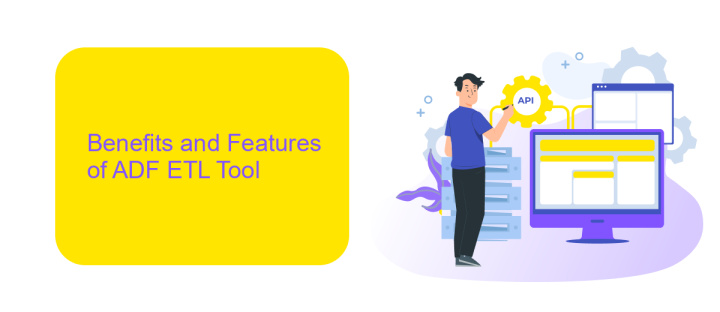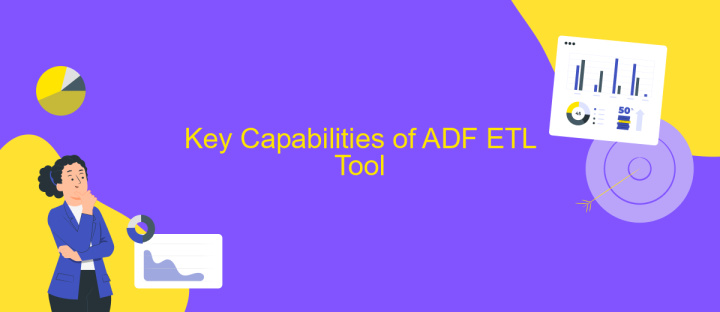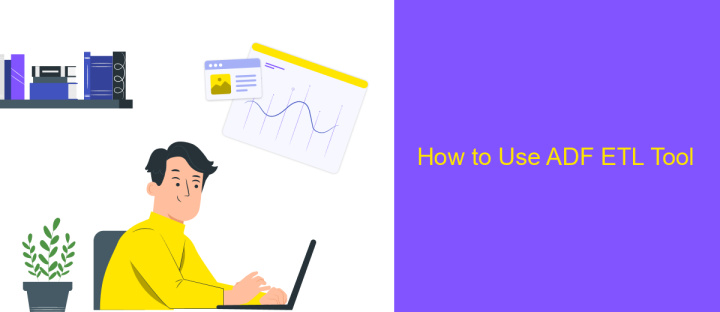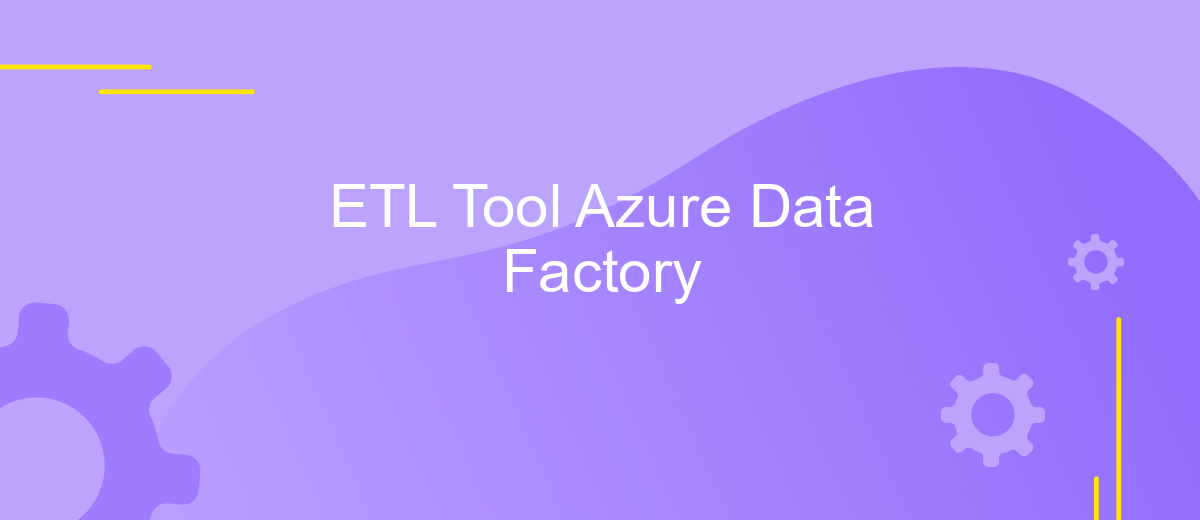ETL Tool Azure Data Factory
Azure Data Factory (ADF) is a powerful cloud-based ETL (Extract, Transform, Load) tool that enables seamless data integration and transformation across various sources. Designed to handle complex workflows and big data processing, ADF provides a scalable and efficient solution for businesses to manage their data pipelines. In this article, we explore the features, benefits, and use cases of Azure Data Factory.
Introduction to Azure Data Factory
Azure Data Factory (ADF) is a cloud-based data integration service that enables you to create data-driven workflows for orchestrating and automating data movement and data transformation. With ADF, you can easily construct complex ETL (Extract, Transform, Load) processes without writing any code, making it an ideal solution for data engineers and developers alike.
- Seamless integration with various data sources, both on-premises and cloud-based.
- Rich set of built-in connectors for popular databases, file systems, and SaaS applications.
- Support for complex data transformation using Azure Databricks, HDInsight, and other Azure services.
- Scalable and cost-effective data pipelines with monitoring and management capabilities.
- API integration options for enhanced automation and flexibility.
To further streamline your data workflows, consider using services like ApiX-Drive, which offers easy integration with numerous platforms and applications. By leveraging such tools, you can automate data transfers and transformations even more efficiently, ensuring that your data is always ready for analysis and decision-making.
Benefits and Features of ADF ETL Tool

Azure Data Factory (ADF) is a robust ETL tool that offers numerous benefits and features for data integration and transformation. One of the key advantages of ADF is its ability to handle large volumes of data with high efficiency and speed. It provides a user-friendly interface that simplifies the process of creating, scheduling, and managing data pipelines. Additionally, ADF supports a wide range of data sources and destinations, making it a versatile solution for various data integration needs.
Another significant benefit of ADF is its seamless integration with other Azure services, such as Azure Synapse Analytics, Azure Databricks, and Azure Machine Learning. This allows for more comprehensive data processing and analytics workflows. Furthermore, ADF offers advanced monitoring and management capabilities, ensuring that data pipelines are running smoothly and efficiently. For those looking to integrate ADF with external services, tools like ApiX-Drive can facilitate the connection, enabling automated data transfers and enhancing overall workflow automation. These features make ADF an essential tool for modern data engineering and analytics.
Key Capabilities of ADF ETL Tool

Azure Data Factory (ADF) is a powerful ETL tool that offers a wide range of capabilities to streamline data integration and transformation processes. It is designed to handle complex workflows and can integrate seamlessly with various data sources and destinations.
- Data Integration: ADF supports integration with numerous data sources, including on-premises systems, cloud storage, and third-party services like ApiX-Drive, which simplifies the process of connecting disparate data systems.
- Data Transformation: With ADF, users can perform complex data transformations using data flows, SQL scripts, and custom code, ensuring that data is cleansed, enriched, and formatted as required.
- Scalability: ADF is built on a scalable architecture that can handle large volumes of data, making it suitable for enterprises of all sizes. It leverages Azure's infrastructure to provide high availability and performance.
- Monitoring and Management: ADF offers robust monitoring and management features, allowing users to track the progress of their ETL pipelines, set up alerts, and troubleshoot issues efficiently.
In summary, Azure Data Factory is a comprehensive ETL tool that provides extensive capabilities for data integration, transformation, and management. By leveraging services like ApiX-Drive, users can further enhance their data workflows and ensure seamless connectivity across various platforms.
How to Use ADF ETL Tool

Azure Data Factory (ADF) is a powerful ETL tool that helps you efficiently manage data workflows. To start using ADF, you need to create a data factory in the Azure portal. Once created, you can define data pipelines that consist of activities to perform data movement and transformation.
Begin by setting up linked services to connect to your data sources and destinations. Linked services act as connection strings, providing the necessary credentials and configurations to access various data stores. You can use services like ApiX-Drive to automate and streamline these integrations, making the setup process more efficient.
- Create a data factory in the Azure portal.
- Set up linked services to connect to data sources and destinations.
- Design data pipelines with activities for data movement and transformation.
- Monitor and manage your pipelines using ADF's built-in tools.
Once your pipelines are designed, you can schedule them to run at specific intervals or trigger them based on events. ADF provides robust monitoring and management tools to ensure your data workflows run smoothly and efficiently.
Best Practices for Using ADF ETL Tool
When using Azure Data Factory (ADF) as your ETL tool, it is essential to follow best practices to ensure efficient and reliable data integration. First, always design your data pipelines with modularity in mind. Break down complex workflows into smaller, manageable tasks to simplify maintenance and troubleshooting. Additionally, make use of ADF's built-in monitoring and logging features to track pipeline performance and quickly identify any issues. This proactive approach will save time and resources in the long run.
Another key practice is to leverage data integration services like ApiX-Drive to streamline your workflows. ApiX-Drive allows for seamless integration between various data sources and ADF, reducing the need for manual configuration and minimizing the risk of errors. Furthermore, ensure that you implement robust security measures, such as encryption and access controls, to protect sensitive data throughout the ETL process. By adhering to these best practices, you can optimize the performance and reliability of your ADF ETL pipelines.
FAQ
What is Azure Data Factory?
How does Azure Data Factory integrate with other Azure services?
Can Azure Data Factory handle real-time data?
What are the key features of Azure Data Factory?
How can I automate and manage integrations with Azure Data Factory?
Apix-Drive is a universal tool that will quickly streamline any workflow, freeing you from routine and possible financial losses. Try ApiX-Drive in action and see how useful it is for you personally. In the meantime, when you are setting up connections between systems, think about where you are investing your free time, because now you will have much more of it.

